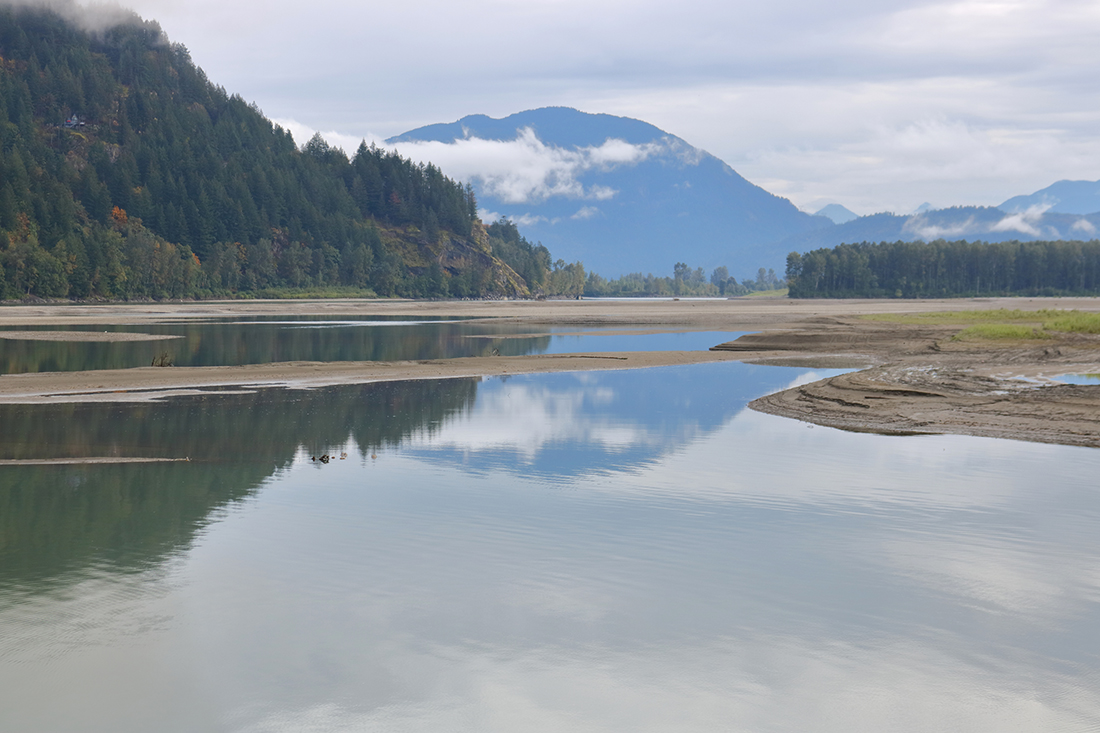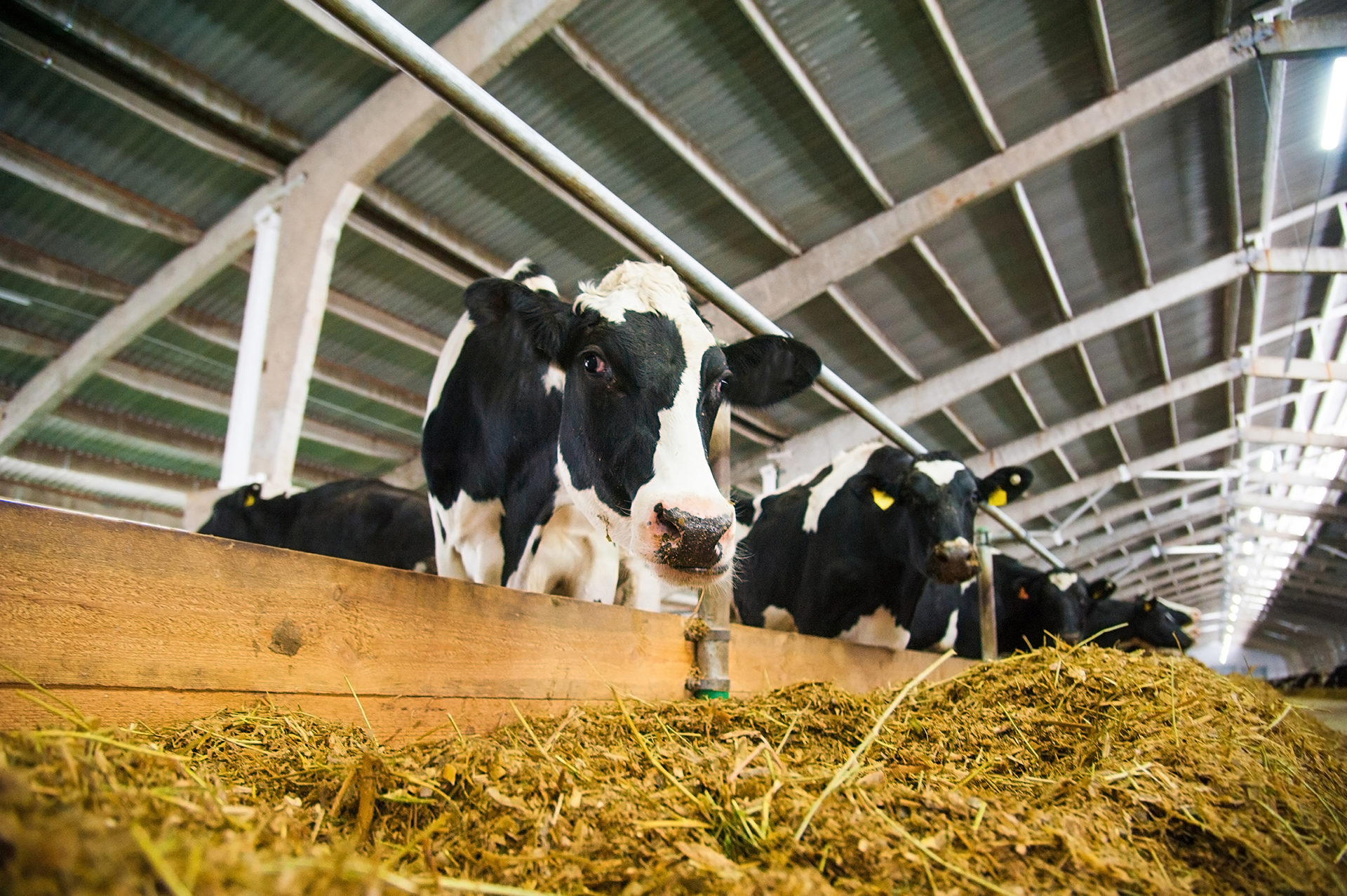A dry spring after two years of record wildfire seasons has producers on edge as summer approaches.
Wildfires are already starting to erupt in the central and southern Interior, and this week Washington State Gov. Jay Inslee declared a drought emergency in half the state. The declaration reflects water supply levels at 75% of average in the affected watersheds.
Watersheds along the Canada-US border from the Georgia Strait to the Columbia River are affected. Many of the watersheds are fed by rivers flowing south from Canada, pointing to the international importance of snowpack and river flows.
“Snowpack conditions are currently less than 50% of average for this time of year,” Inslee said in making the declaration. “Washington State Department of Ecology experts expect the warmer, drier weather will cause the already-diminished snow pack to melt more quickly, reducing water availability this summer when it is needed most for farms, communities and fish.”
Conditions in BC are following suit, though just five basins of the 29 in the province are rated as dry or very dry by the province’s drought monitors. All are in the central part of the province west from Prince George and north to the Stikine.
“Along with 2015 and 2016, this year is amongst the lowest May 15th snowpacks that have been observed in BC over the past 40 years,” BC’s River Forecast Centre reported in its regular bulletin on May 15. “By mid-May, generally 15-25% of the accumulated snowpack has melted. Early melt this season has meant that most sites have melted between 50-60% of their snowpack as of current conditions.”
Still, conditions vary: levels in the Fraser Basin are 69% of normal, while the Peace leads the province at 85% of normal. Vancouver Island is home to the lowest snowpack, at 32% of normal.
Washington’s legislature has allocated $2 million for drought response in 2019. BC, meanwhile, recently boosted funding for wildfire management efforts.
Sign up for weekly FARM NEWS UPDATES delivered to your inbox every Wednesday morning


 Trade risks remain
Trade risks remain